In the current climate of ever increasing company car tax rates, the Government has announced that electric company cars will incur no benefit-in-kind (BIK) charge during the 2020/21 tax year. We have weighed up the pros and cons for businesses of opting for an electric car from April and we are urging companies to take a long-term view when considering a vehicle purchase.

The Government has declared that for pure electric company cars with zero exhaust emissions, the appropriate percentage for benefit in kind purposes will be reduced to 0% for 2020/21. This 0% rate applies to any electric vehicle regardless of when it was first registered. Existing pure electric company car users will therefore see their benefit in kind reduce from 16% of the list price in 2019/20 to become a tax free benefit at 0% in 2020/21. This rate is due to increase to 1% in 2021/22 and 2% the following tax year.
Hybrid company cars with CO2 emissions of 50g/km or less will no longer be taxed based on emissions alone. The benefit in kind value for a hybrid car from 2020/21 onwards will also take into account the electric range of the vehicle. Hybrid company cars registered on or after 6 April 2020 with emissions of 1-50g/km and an electric range of 130 miles or more will also benefit from the 0% benefit in kind rate during 2020/21.
In addition, for purchases of brand new cars where the vehicles are either fully electric or have CO2 emissions of not more than 50g/km which are purchased prior to 1 April 2021, companies are able to claim 100% First Year Allowance on the purchase price of the vehicle. This allows the company to obtain a full write off of the cost of the vehicle against profits in the year of purchase.
At a glance, the electric and hybrid cars hold clear advantages for companies, employees and society alike: most notably, substantial tax savings and significantly reduced emissions.
In both the short and long term, however, there are several drawbacks of using a fully electric vehicle for business purposes that should be taken into account. If an electric car runs out of charge on the road, charging points are currently few and far between, which may lead to missed meetings or appointments. Employees may not have the means to charge the car where they live or where they park for work.
Our Tax Consultant Kirsty Horobin comments: “Whilst paying 0% tax on an electric company car is of course an attractive prospect, the rate will rise again from April 2021 and so may not remain beneficial in the longer term when considering the overall tax position.
“With electric car charging points and infrastructure being introduced relatively slowly and sporadically, it’s certainly wise to consider the bigger picture and long-term feasibility of purchasing an electric car for business use.”
For further information, please call our Leicester branch on 0116 254 9262 or our Loughborough branch on 01509 263500.
